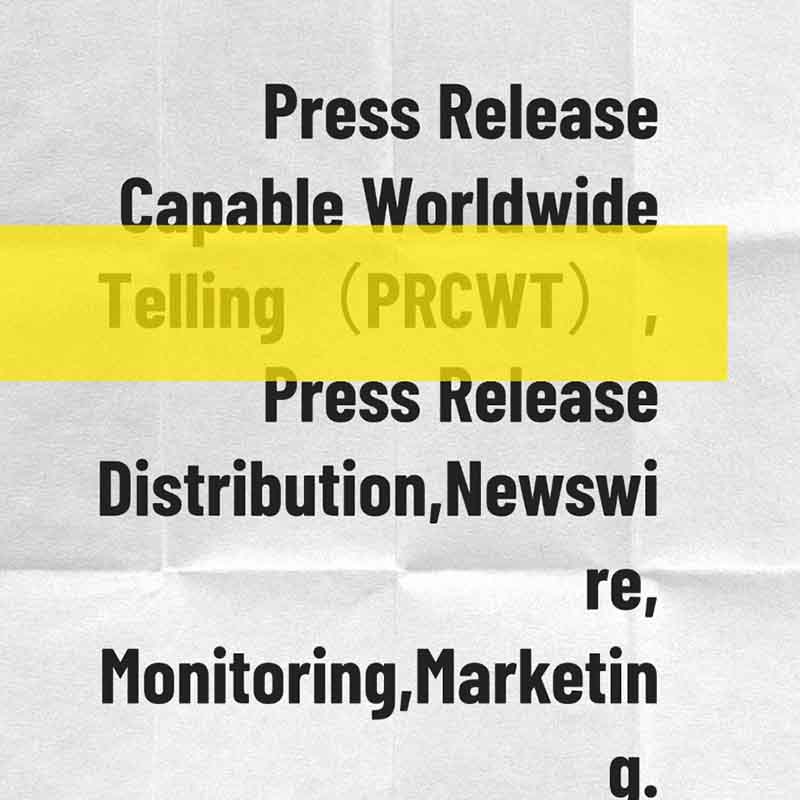In today's digital landscape, content marketing has emerged as a crucial strategy for businesses to connect with their target audiences. With the increasing competition and the saturation of the market, it has become essential for brands to create high-quality, engaging, and relevant content that resonates with their customers. This article explores the significance of content marketing, its various forms, and how it can be effectively implemented to drive business growth.
Content marketing involves the creation and distribution of valuable, relevant, and consistent content to attract and retain a clearly defined audience. It goes beyond traditional advertising and aims to build trust, establish brand authority, and create meaningful connections with customers. By providing useful information, insights, and entertainment, content marketers can position their brands as thought leaders in their respective industries.
One of the key benefits of content marketing is its ability to enhance brand visibility. In a crowded digital space, where consumers are bombarded with countless messages, having a strong content strategy can help your brand stand out. By creating engaging content that addresses the pain points and interests of your target audience, you can attract their attention and drive traffic to your website or social media channels. This increased visibility can lead to more leads, conversions, and ultimately, business growth.
Another advantage of content marketing is its cost-effectiveness. Compared to traditional advertising methods, content marketing often requires less upfront investment. By focusing on creating valuable content that can be shared and distributed across multiple channels, you can reach a wider audience at a lower cost. Additionally, content marketing can have a longer-lasting impact as it builds trust and credibility over time.

There are several forms of content marketing that businesses can utilize. Blogging is a popular form of content marketing that allows brands to share their expertise, industry insights, and company news. Social media marketing involves creating and sharing content on platforms such as Facebook, Instagram, and Twitter to engage with customers and build a community. Video marketing is also on the rise, with platforms like YouTube and TikTok providing opportunities for brands to reach a younger audience through engaging video content. Infographics, e-books, webinars, and podcasts are also effective forms of content marketing that can help businesses educate and inform their customers.

To implement an effective content marketing strategy, it is essential to understand your target audience. By conducting market research and analyzing your customer data, you can gain insights into their needs, interests, and behaviors. This information can then be used to create content that is tailored to their specific requirements and preferences. Additionally, it is important to have a clear content plan and editorial calendar to ensure that your content is consistent, relevant, and timely.
In conclusion, content marketing is a powerful tool that can help businesses connect with their customers, build brand authority, and drive business growth. By understanding the importance of content marketing, its various forms, and how to implement it effectively, businesses can create a winning content strategy that will set them apart in the highly competitive digital landscape.